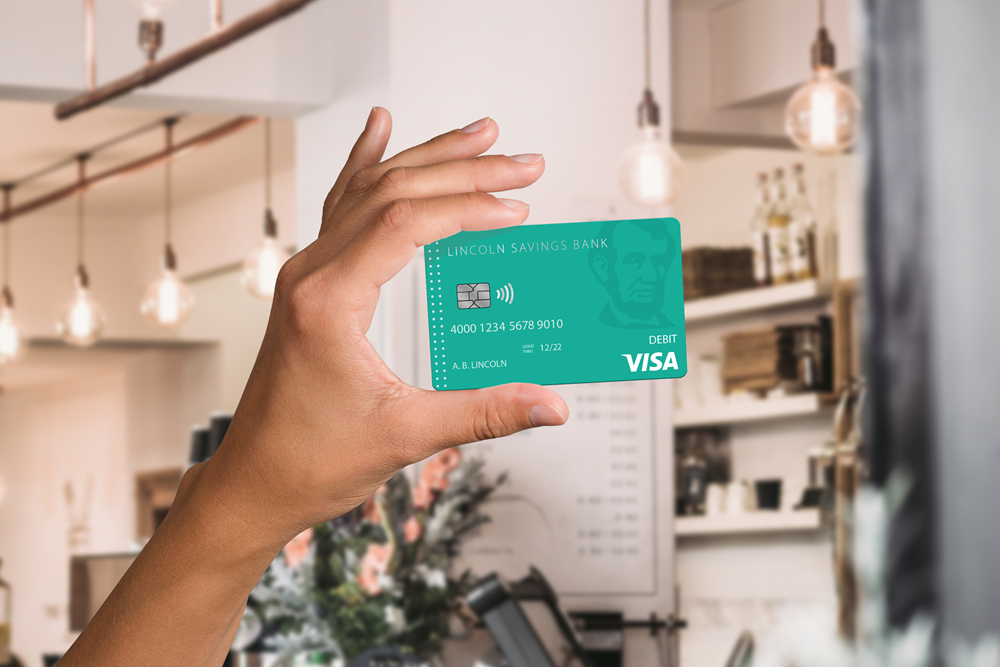
Cyber-attacks are becoming more and more sophisticated and common. The internet is home to some of the most notorious fraudsters, as consumers become more and more active online they must take steps to protect their information from cyber thieves, including establishing strong network passwords and making sure to connect to secure websites. Attacks every year affect millions of Americans and have stolen billions from them. In recognition of National Cybersecurity Awareness Month, Lincoln Savings Bank is highlighting some of the easy way you can recognize a potential online attack before it turns urgent.
- Watch out for phishing scams. Phishing scams use fraudulent emails and websites to trick users into disclosing private account or login information. Do not click on links or open any attachments or pop-up screens from sources you are not familiar with or did not initiate action with. Also, look for common red flags such as misspellings, grammatical errors, requests marked as “Urgent!” or “sensitive”, or emails from sites you don’t recognize requesting your action. Clicking on online links from an unknown source, or opening an attached document, could possibly be links from a hacker that will give them access to your personal accounts. If you would like to report a case of possible phishing, visit the US-CERT site to learn more.
- Recognize and avoid bogus website links. Cybercriminals embed malicious links to download malware onto devices and/or route users to bogus websites. Hover over suspicious links to view the actual URL that you are being routed to. Fraudulent links are often disguised by simple changes in the URL. For example: www.ABC-Bank.com vs. ABC_Bank.com.
- Credential mining. Hackers can use social media profiles to figure out your passwords and answer those security questions in the password reset tools. Lock down your privacy settings and avoid posting things like birthdays, addresses, mother’s maiden name, etc. Be wary of requests to connect from people you do not know. Likewise, monitoring your email can give clues to unusual activities, like receiving emails about a changed password, so always check the details of a message. If you are unable to log into your account due to a password changed without your knowledge, report it to your provider immediately and protect any other accounts associated with the one that was hacked. For example, if your email was hacked, there’s potential for the hacker to change passwords on accounts like your banking that are linked to that email.
- The tech-support scam. There are some cases where someone will call claiming they are a part of your computer company’s tech support and they found a problem with your computer. They then will ask for a password or ask you to download an app that will allow them to fix the problem, asking for your credit card info after to pay for the “service”. Remember, companies like Microsoft don’t call and ask for access to your computer, this is a scam! Real companies also won’t ask for your account passwords. If you need help, go directly to a business or site you know you can trust.
Lincoln Savings Bank. Member FDIC


